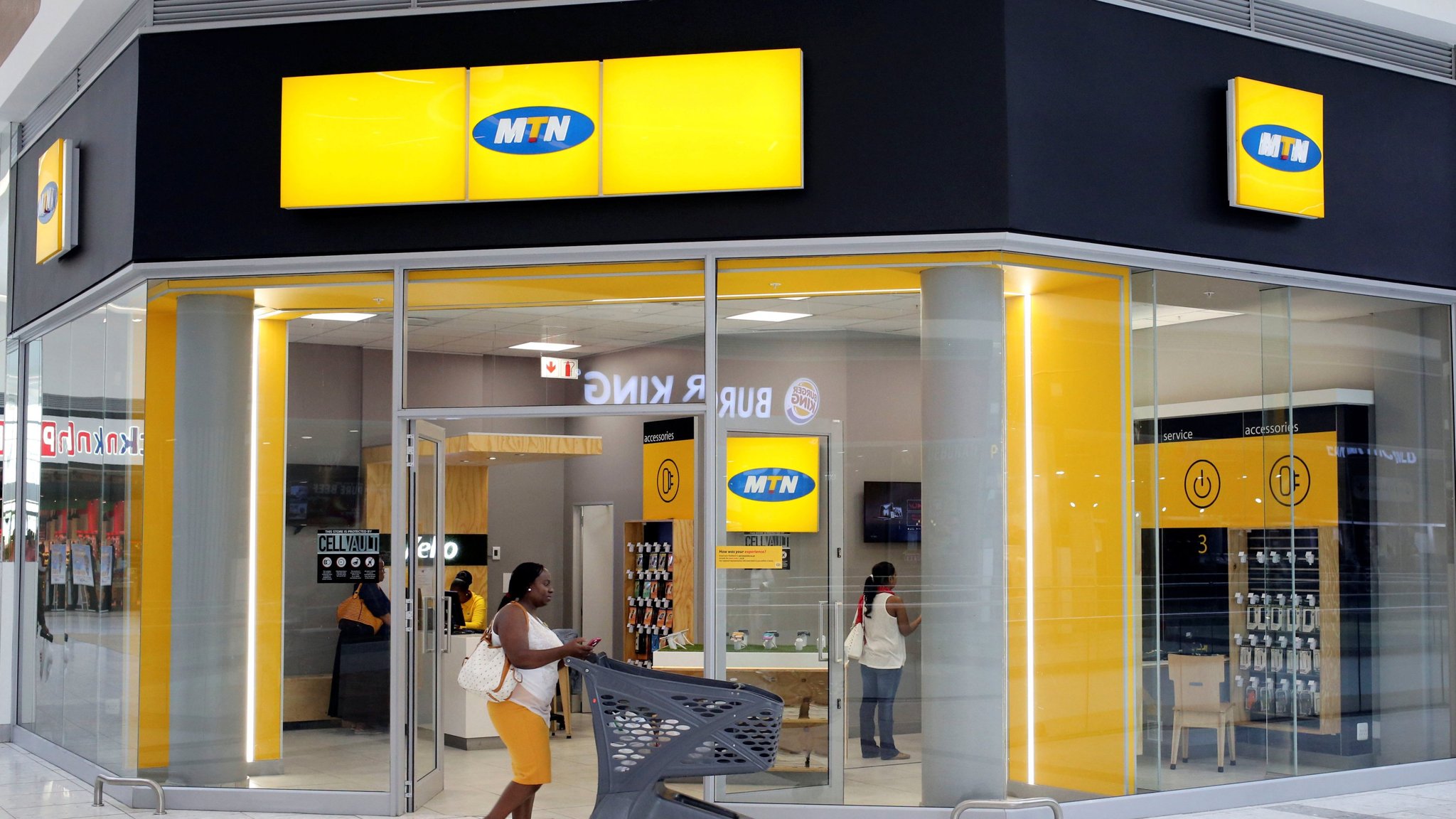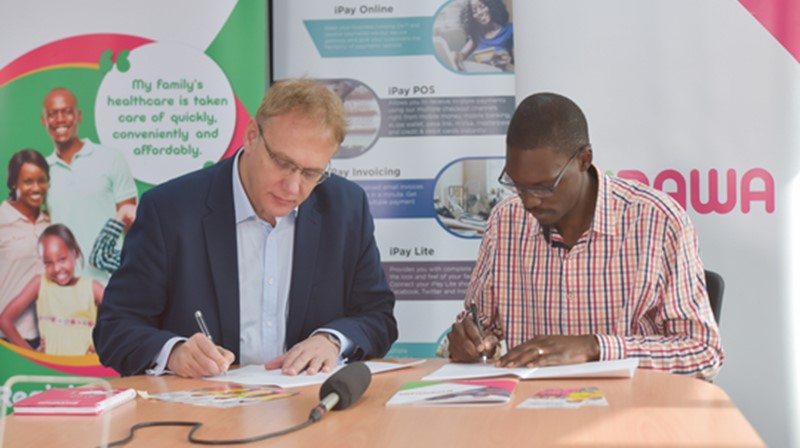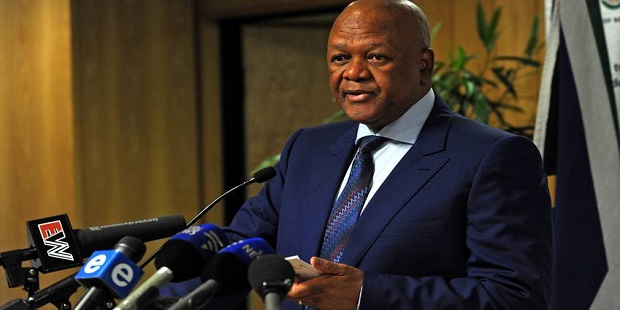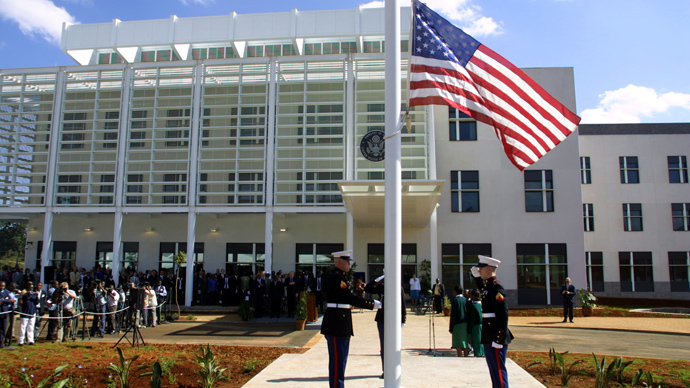Egypt: Food-tech Startup Yumamia Raises $1.5 million For Expansion to Saudi
More and more startups in Africa are finding more funding for their businesses. The latest in town is the Cairo-based foodtech startup, Yumamia, which has raised $1.5 million in its Pre-Series A funding round.
Saudi Arabia-based boutique consulting firm, Pure Consulting, is providing the funding for the startup. The funding round would take Yumamia’s total investment raised so far to $2.8 million. This would make it one of the best-funded startups in Egypt.

The startup has already decided on what it is going to do with its latest funding: expand to Saudi by launching in Riyadh later this year and accelerate growth in Egypt.

Yumamia Food At A Glance
The startup was founded in 2014 by Belal El Borno. What Yumamia does is to deliver junk-free (wholesome) food prepared by professional chefs using premium ingredients and top hygiene standards to customers in Cairo. It has also recently expanded into corporate catering, with an additional business-to-business (B2B) solution.

Yumamia’s Strategies
- To make the startup stand out, it partners with Food & Beverages outlets to assist them in making money out of their underutilized resources. They do this by outsourcing their entire food preparation operations.
- Yumamia relies on a franchise-like model that allows these F&B outlets to operate using existing resources while following operating rules and recipes of Yumamia.
- Yumamia takes the food and sells it to companies through its corporate catering solutions.
- With its ordering platform for offices, employees of companies (that partner with Yumamia) may order food (lunch) on a daily basis. The platform comes with a dashboard for HR/Operations to manage the invoices.
- Yumamia charges the companies who can either provide the food for free to their employees or charge them perhaps by deducting the monthly invoices from their payroll.
Also Read: Egypt Establishes Seven More New Free Trade Zones
- Yumamia also has a food delivery platform for consumers (B2C), although over eighty percent (80%) of its revenue comes from its B2B platform.

Charles Rapulu Udoh

Charles Rapulu Udoh, a Lagos-based Lawyer with special focus on Business Law, Intellectual Property Rights, Entertainment and Technology Law. He is also an award-winning writer. Working for notable organisations so far has exposed him to some of industry best practices in business, finance strategies, law, dispute resolution and data analytics both in Nigeria and across the world.






























